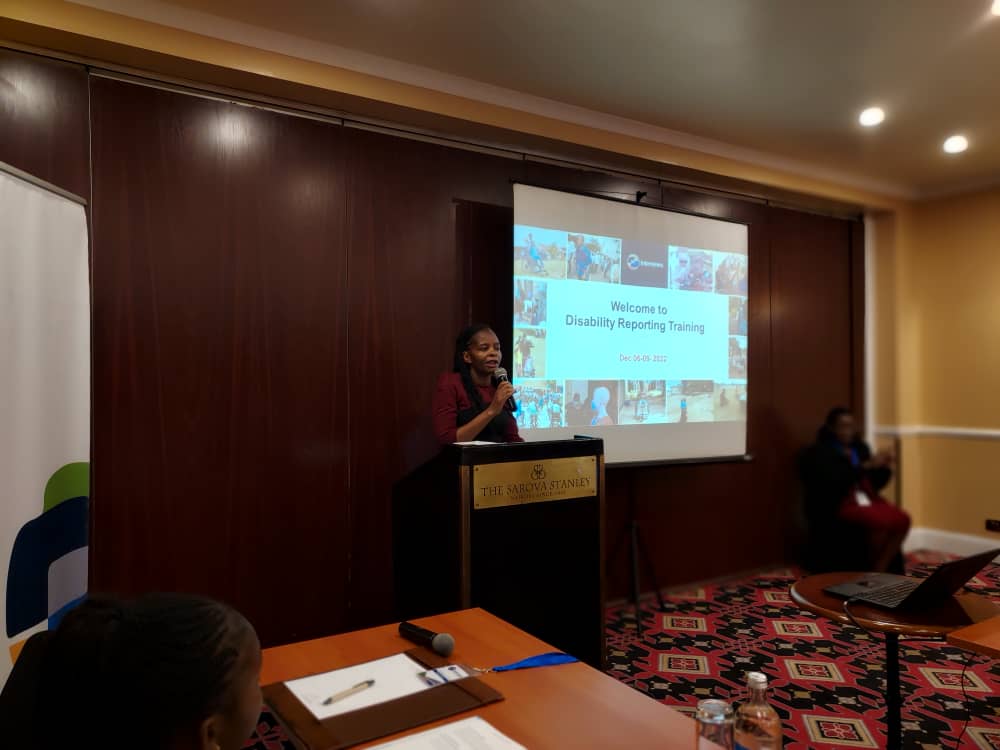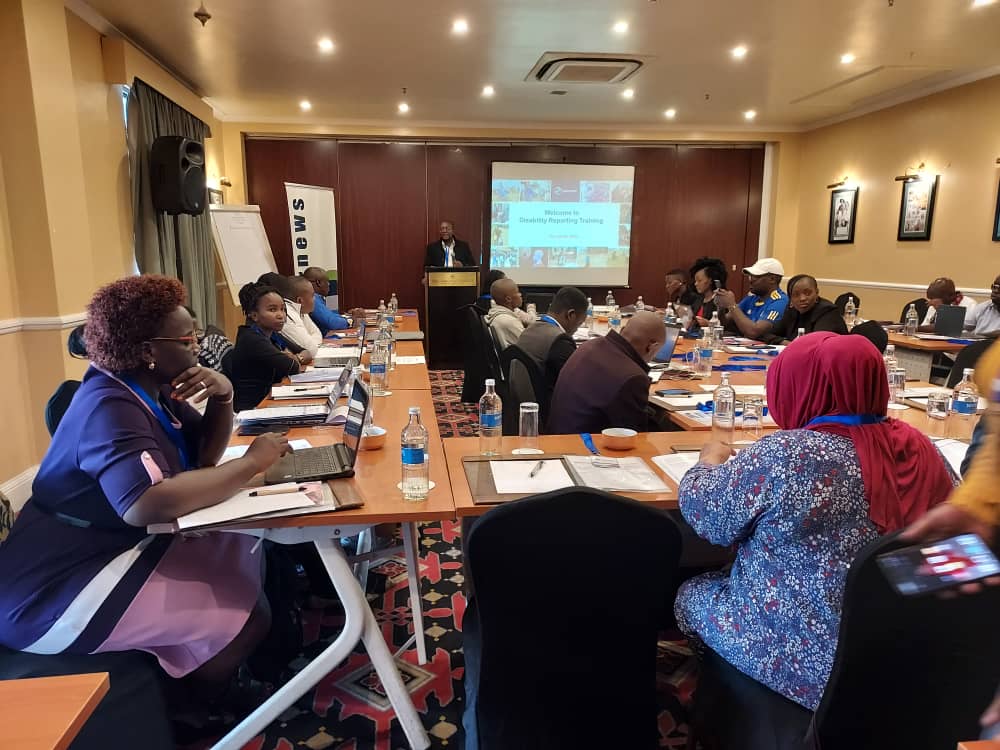Civil society and advocates for social justice have persistently championed reforms in tech policy to effectively address the impact of inequities in ICT in marginalized communities.
Despite the best efforts, tech policy fails to understand or respond to the barriers impacting persons with disabilities across their diverse disability experiences. Tech policy proposals that do not have PWD at the centre ultimately threaten their continued autonomy, privacy, safety, and even health.
For these efforts to work, the policymakers, advocates, and tech players need to understand the concerns that persons with different disabilities have. This is where Disability Language comes in. It refers to the words and phrases used to describe people with disabilities and their experiences.
Language!
I would argue that one such urgent concern is the language we use to talk about disability. It is about time that we learn inclusive language that humanizes PWDs and accurately addresses the technological barriers they face.
Inclusive Language is respectful and accurate, and it reduces stigmatization and discrimination.
Where did you learn how to talk about disability? Or where did you learn to avoid talking about it? A lot of what we know now about disability is from life experiences and various forms of mass media. Unfortunately, even the media itself needs unlearning.
Media’s Influence on Disability Language

Image Source: Internews
As part of their #InclusiveMediaProject, Internews held a three-day workshop towards the close of 2022, and I was honoured to be one of the participants. The workshop focused on sensitizing journalists about disability reporting, leveraging social media, the local and international policies on disability, and using data to cover disability stories.
Improving media literacy on PWD issues will ultimately change how we see persons with disabilities portrayed in the media.
Common storylines when people with disabilities appear in the media are often as superheroes or objects of pity. Other times it is extreme, with PWDs portrayed in stigmatising ways or dismissed as statistics.
A paradigm shift is imminent in the language we use if we change how we view disability. The Inclusive Media Project Lead Jackline Lidubwi says that disability is just one aspect of who people people with disabilities are —and environmental or attitudinal barriers make the disability more disturbing to PWDs, especially in developing countries.
Why Inclusive Language Informs Sound Disability Tech Policy Design
Designing an inclusive tech policy demands that you be diverse in your selection of stakeholder panels. In 2015, the Diverse Voices Method of policy design was developed to incorporate underrepresented groups into tech policy design.
In this method, the structurally excluded groups, such as PWDs, are involved as experiential experts. Their expertise comes from life experience and sometimes from professional training as well.
The representatives then give their input on a draft policy tech document before the final version of the document goes to policymakers. In the end, the Diverse Voices method increases the chances that the language in the finalized tech policy document addresses the perspectives and circumstances of PWDs. The overall result is to avert injustice and exclusion.
Over to You…
Language is a powerful tool. Ms. Lidubwi’s presentations highlighted the impacts it can have on the perception of persons with disabilities. This includes, but is not limited to— having a society where all people, including persons with disabilities, equally realize their rights and compete in life-changing opportunities. Inclusive language can also create a stigma-free society and end outdated cultural practices on disability.
KICTANet has been at the forefront, earnestly advocating for equity in access to ICTs for persons with disabilities. KICTANet has taken decisive steps to include marginalized voices in its efforts to catalyse reforms in ICT policy in Africa.





This is very impressive…we need inclusion foe all regardless of ones limitation …
This is a direction which creates equity for PWDs
Looking forward for this..
Sincere regards
Janifa
Best news ever
Inclusion for PWDS in such tech world is important.
Regards
Janifa